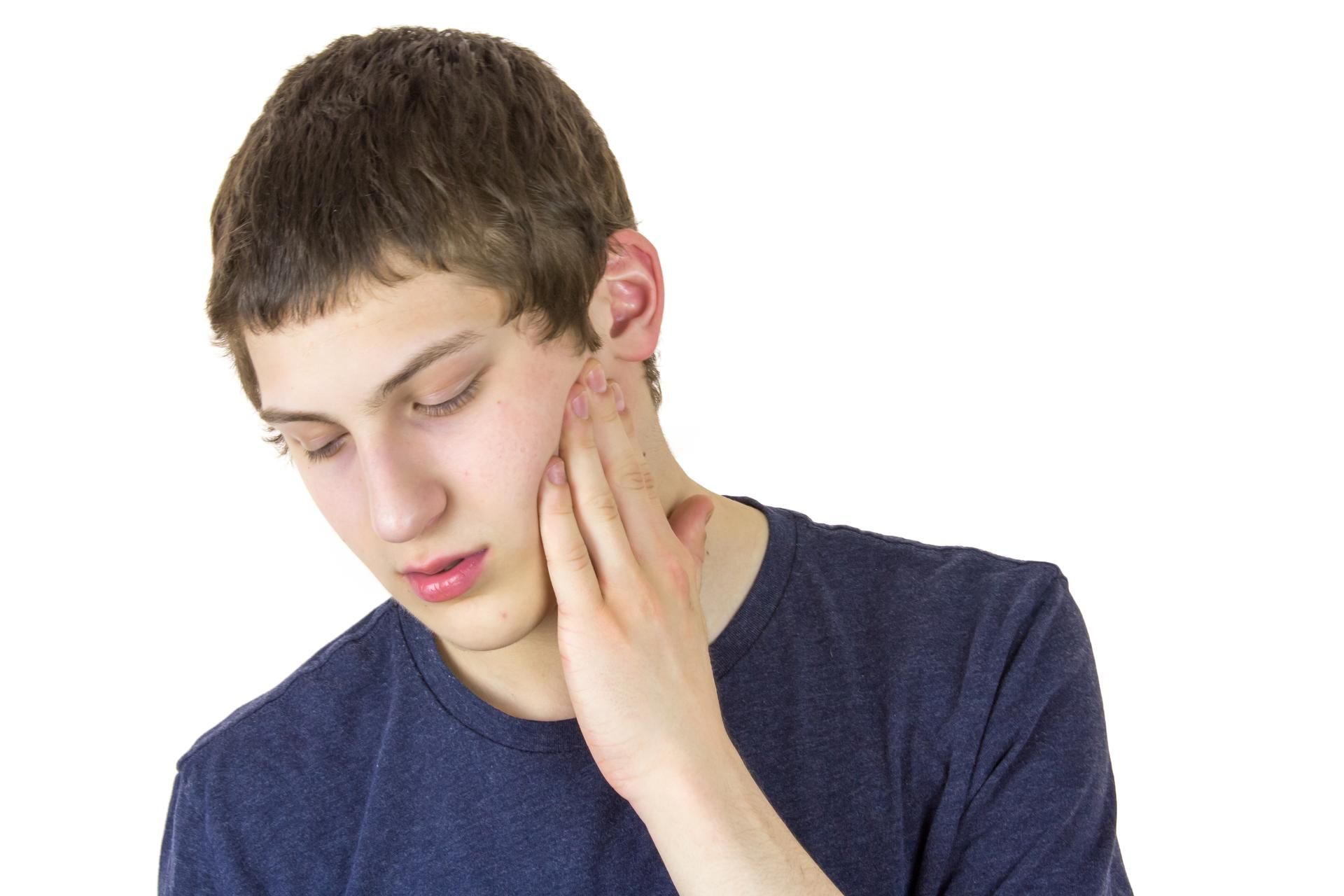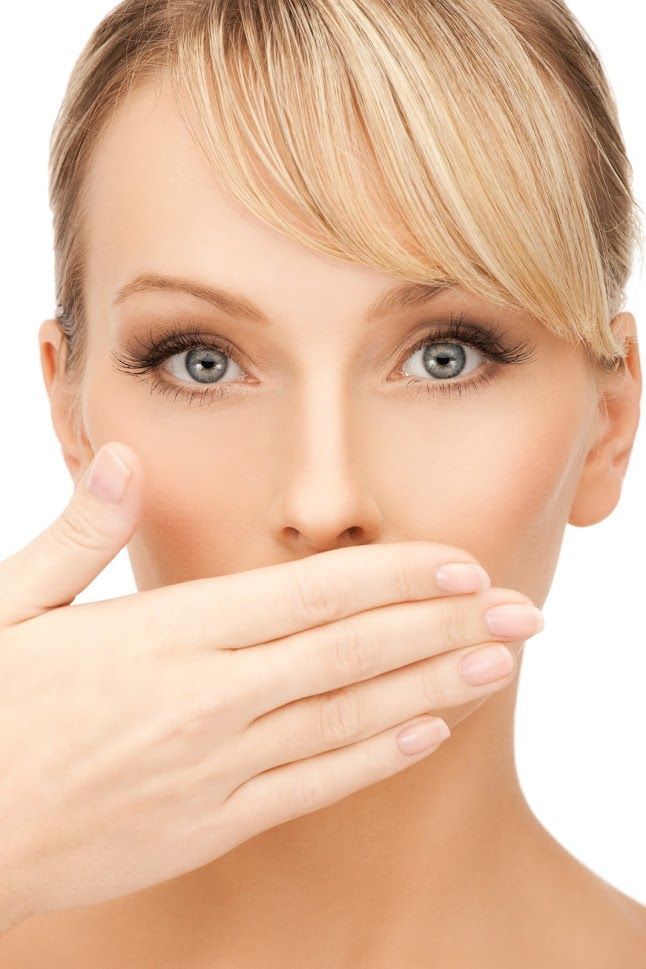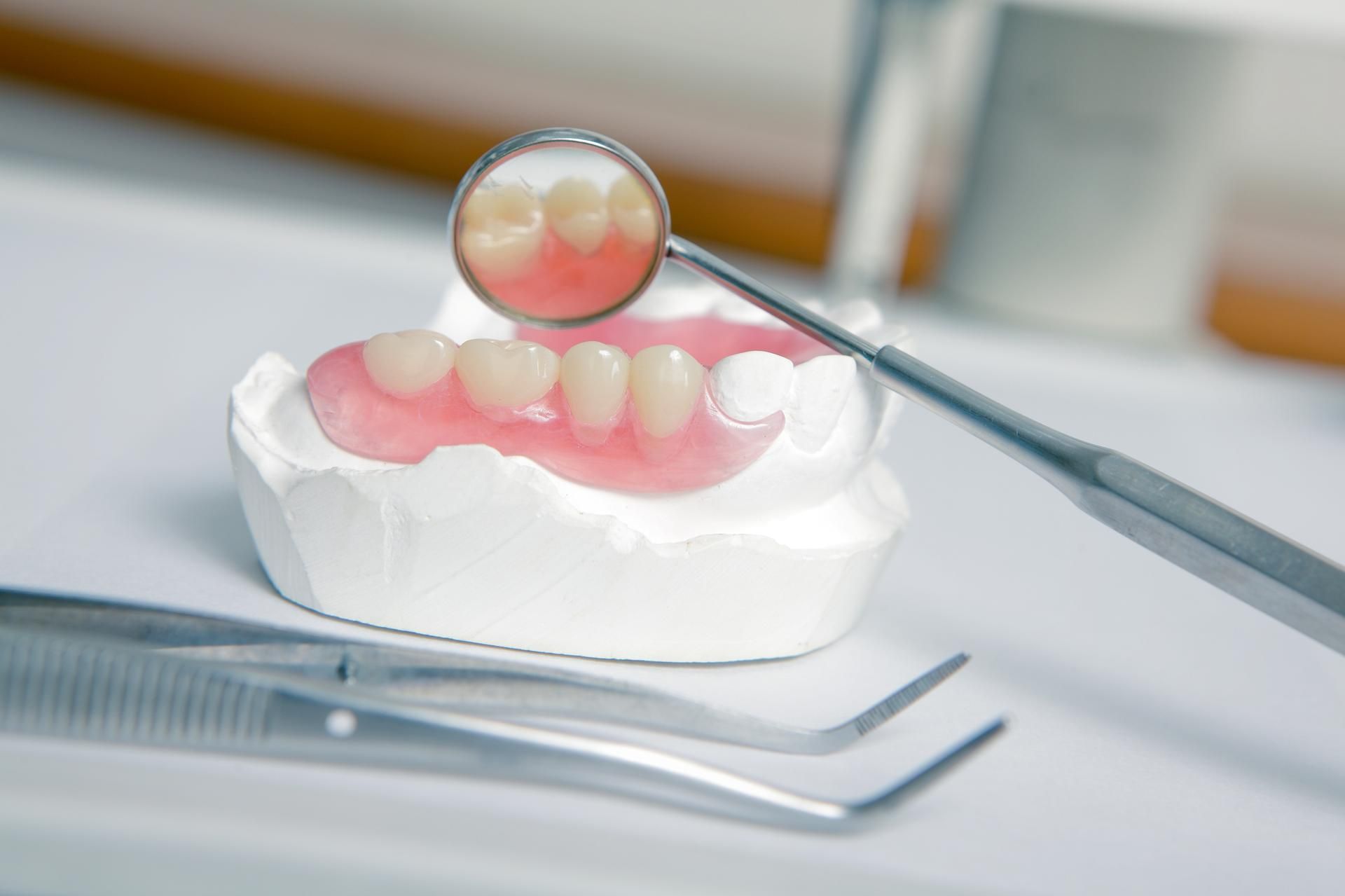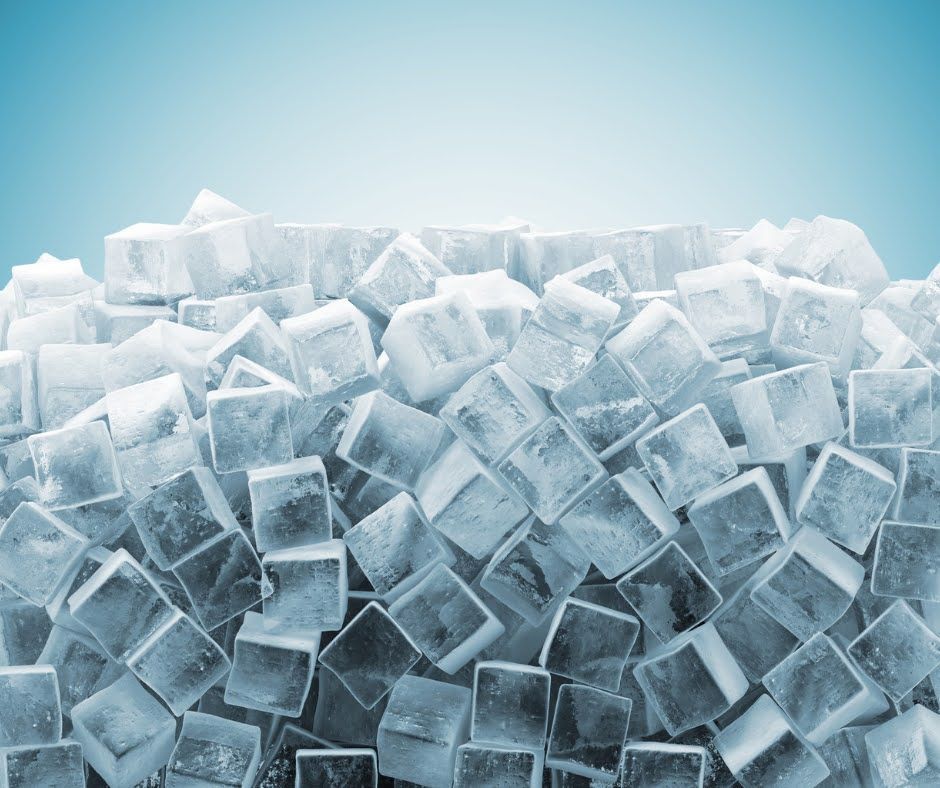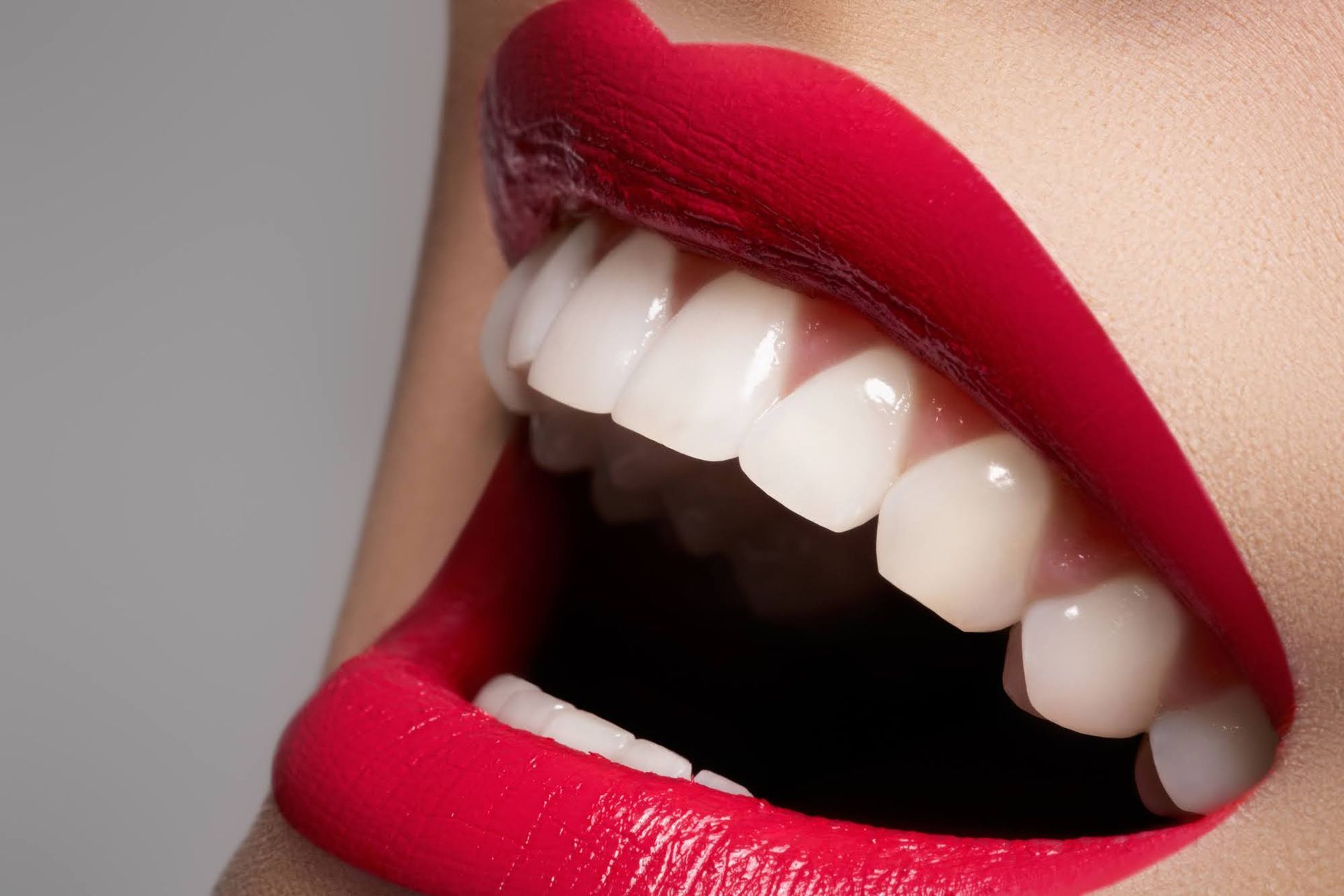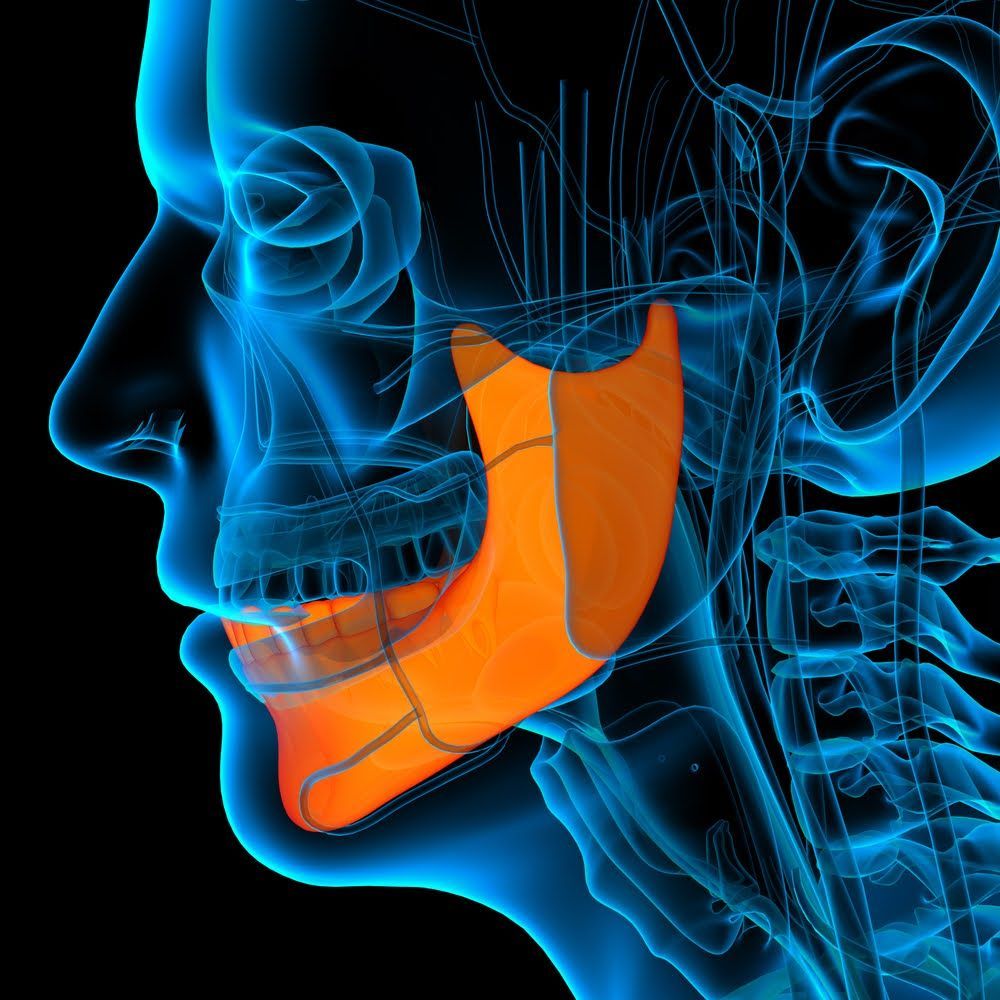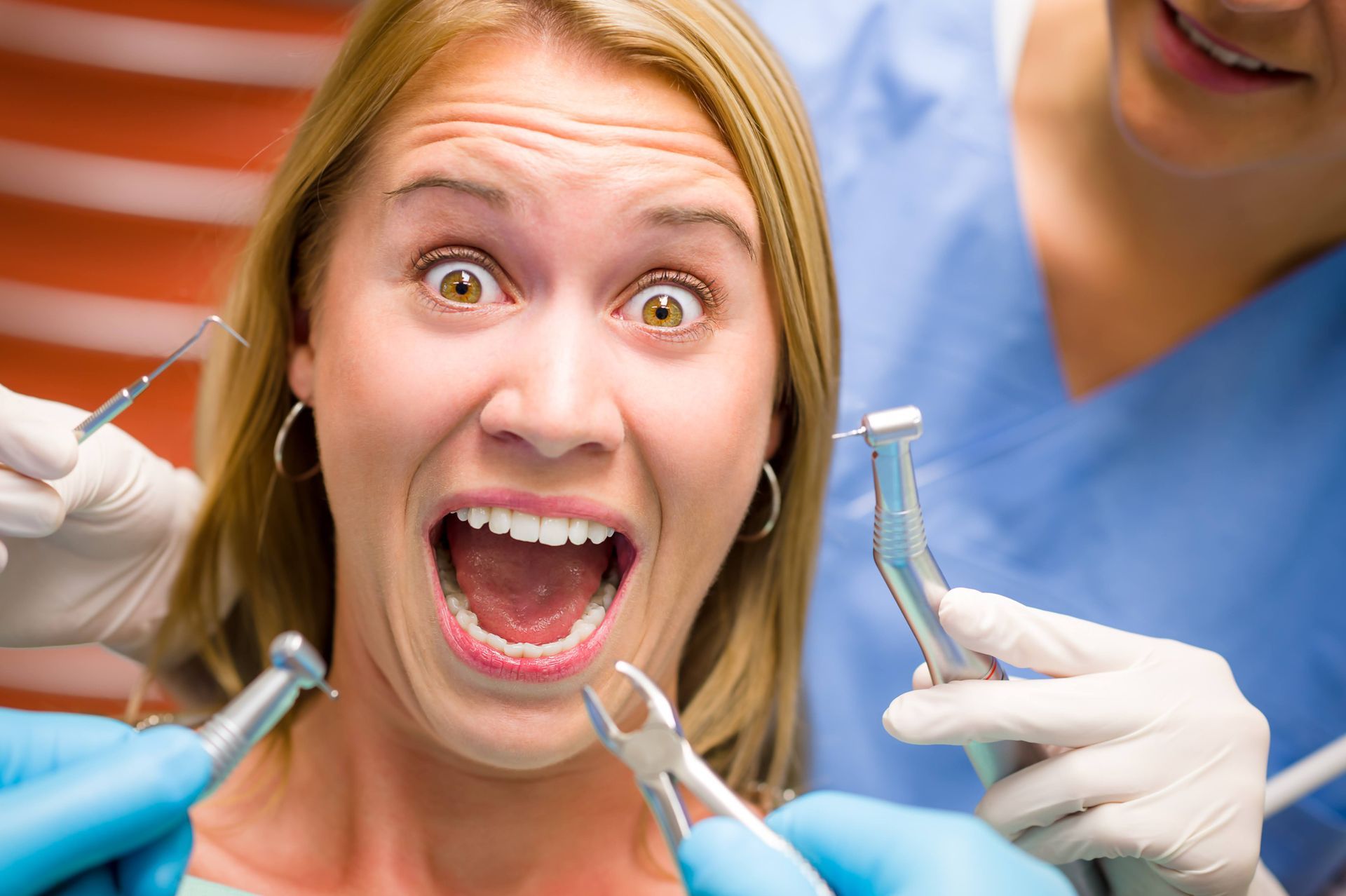Common Causes of Teeth Discoloration or Stains
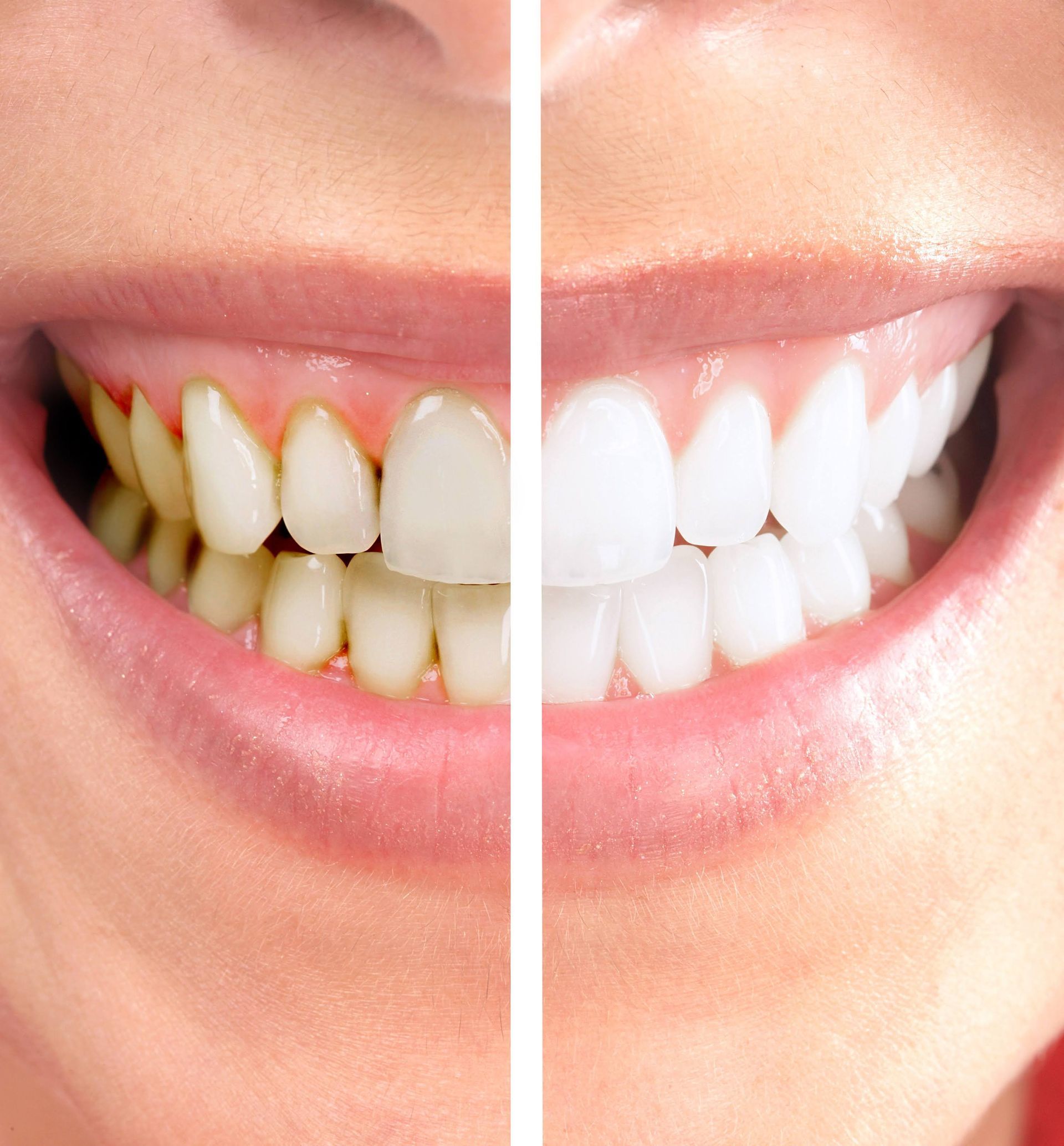
Clean and sparkling white teeth lead to a naturally attractive and shining smile. The pearly white teeth indicate good dental health and a better overall healthy lifestyle. But your teeth can become discolored or stained due to several factors. Here are common causes of tooth discoloration or stains.
Aging
The enamel is the outermost layer of your teeth and is white in color. Dentin is the next layer and has a yellowish color. As you become older, enamel begins to lose mass and fade. A fading enamel exposes the inner yellowish color of the dentin.
Dark Drinks and Foods
Perhaps the most common cause of teeth discoloration is the consumption of specific types of drinks and foods, like coffee and wine. Coffee and wine contain tannins that may stick to your teeth and cause discoloration. Instead of coffee, try white or green tea.
The same can happen if you consume sodas with certain stains. Also, sodas contain acids that may erode the enamel, making it easier for the teeth to have stains.
Even seemingly harmless foods may discolor your teeth, like blueberries, apples, tomatoes, potatoes, and citrus fruits. In fact, any type of food that can cause stains on your clothes is also likely to stain your teeth.
If you have to consume dark foods and drinks, wash your mouth immediately after. Rinsing your mouth after consuming dark foods and drinks can help remove staining agents from your gums and teeth.
Certain Medications
Children can be born with discolored teeth if the mother uses tetracycline antibiotics during the pregnancy. You can also have stained or discolored teeth if you use antibiotics before you reach a certain age. Even antipsychotics have been known to cause stains and discolorations on teeth. The same can happen if you use blood pressure medications or undergo regular chemotherapy.
Trauma
Trauma can cause pain and damage your teeth. If the trauma was a result of falling, the permanent tooth could sustain injuries. These injuries may lead to internal bleeding and result in the intrinsic discoloration of your teeth. Intrinsic discoloration typically affects adults, but even young children with adult teeth can experience the problem.
Poor Dental Hygiene
People should brush their teeth at least twice a day and floss at least once a day. If you don't brush and floss regularly, food particles and bacteria will attach to your teeth and cause stains.
Illnesses
Certain diseases can negatively affect your tooth enamel and cause teeth discoloration. The illnesses include celiac disease, rickets, liver disease, calcium deficiency, and metabolic diseases.
Smoking and Tobacco Use
Tobacco and cigarettes contain nicotine and tar that can stain your teeth. Initially, smoking cigarettes and other tobacco products cause the teeth to turn yellow. But as you continue smoking for a long period, your teeth will eventually turn brown.
Excessive Fluoride
Tap water and other types of water may come with excessive amounts of fluoride. You may also encounter fluoride in toothpaste, rinses, and supplements. While fluoride is essential for proper dental hygiene, discoloration may occur if excessive amounts of fluoride come into contact with your teeth.
Dental Procedures
Some oral operations require the use of silver sulfide and other materials. These materials may eventually darken your teeth. Your teeth may also accumulate stains if you use veneers or dental crowns and then have a teeth whitening procedure.
Genetics
Sometimes the cause of tooth discoloration is beyond your control but is due to your genetic makeup. Your genetics may influence the thickness and brightness of the enamel. If the enamel is dull and thin, your teeth may appear discolored.
Dental health has a major impact on your overall well-being and lifestyle. If you have any dental issues, get help from a qualified dentist. Koehn Dentistry & Aesthetics provides high-quality dental services and restorations. Come meet our dentist today.


